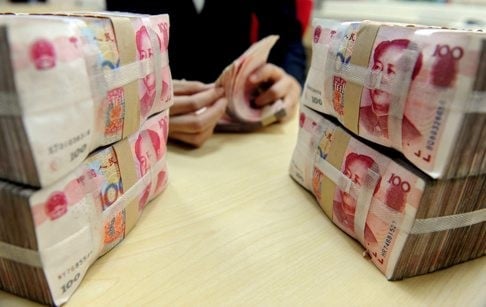Following IMF’s nod for the renminbi, it’s up to Beijing to decide when to lift all capital controls
Donald Gasper believes the IMF decision to use the renminbi as a reserve currency will strengthen the international monetary system, as China navigates its way to fully opening its capital account

The renminbi’s inclusion in the currency basket will be moderately advantageous to China and a feather in its cap
Behind the scenes, a vicious rearguard struggle had been waged by those with a vested interest in maintaining the existing order. Maybe Washington had the jitters because the special drawing rights are potentially the basis of a new international reserve currency – they were once compared by the historian Charles Kindleberger to a neutral international language like Esperanto, which would put all the main parties on an equal footing.
READ MORE: The rise of the renminbi: How adding China’s yuan to IMF’s SDR basket will spur the currency towards further reform

But Washington has been dragging its feet as it fears the inclusion of the renminbi could just be the thin end of the wedge, opening the way to a weakening of US influence.
READ MORE: Six key things to know about the vote on China’s yuan joining the IMF basket of currencies
A decision on the renminbi has been continually put off. This is despite the fact that the issue was thoroughly considered at the G7 finance ministers’ meeting in Dresden in May this year, where support was given to the inclusion of the Chinese currency in the SDR basket.